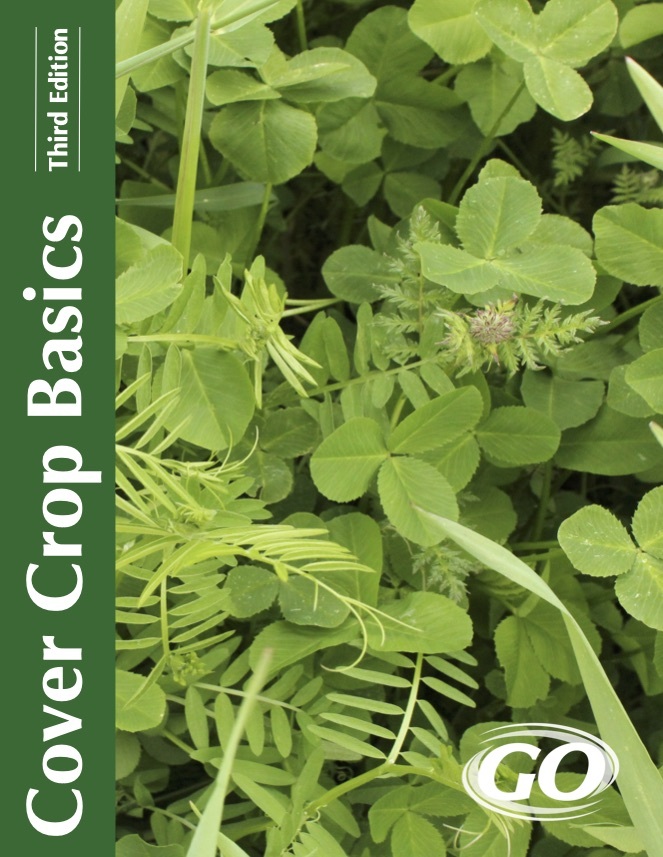Groundcover management can significantly affect soil microbial metabolic activities, especially
carbon metabolism, in apple orchards. However, there have been few studies on the effects of
groundcover on the seasonality of soil microbial carbon metabolism. We, therefore, studied soil
microbial carbon metabolism in an apple orchard on China’s Loess Plateau under four single
species cover crops (the grass Dactylis glomerata L., and the legumes Trifolium repens, Coronilla
varia L., Lotus corniculatus L.) during spring, summer and fall. Cover cropping significantly, but
differentially, promoted soil microbial carbon metabolism in spring and fall. However, cover
cropping leads to a significant reduction of soil moisture in spring and summer due to the
competition of soil moisture between the cover crops and apple trees, which probably lead to
the changes in types of carbon substances metabolizing by soil microbes in summer. Besides,
cover crop significantly enhanced soil organic carbon contents between three seasons while clean
cultivation had slight, non-significant effects. The promotion of soil microbial metabolic activities
was probably an important mechanism for the carbon accumulation, and we postulate that
leguminous cover plants may have significantly different effects, mediated through their root
exudates, from grasses on soil carbon contents.


